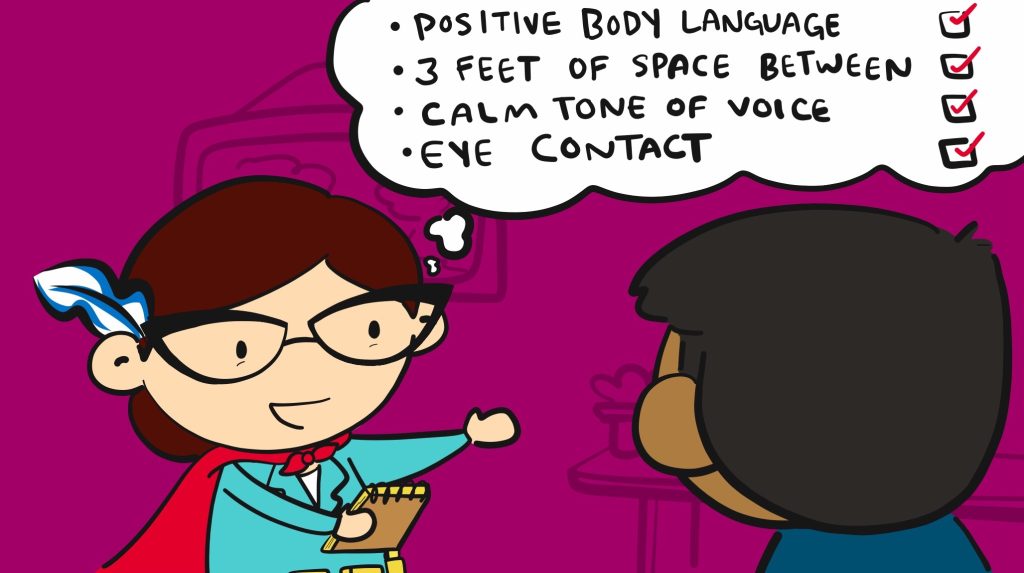Everyone knows that people that work well together can achieve greater success. But how do you create a collaborative work environment? How do you achieve cooperation from a colleague you disagree with? Here are a few solid tips that will help you win the cooperation of your coworkers.
-
Be an active listener
Make sure that whenever you are approached by a coworker, you actively listen to what they have to say. This will go a long way to avoid miscommunication and misunderstandings.
- Give your colleague your undivided attention. Never attempt to listen to a coworker while you are preoccupied with other things. It may feel insulting to them, and you will never fully understand what they need from you.
- Ask to re-schedule the conversation for another time if you are busy.
- Ask open ended questions whenever you need clarification.
- If the coworker has shared a concern or a problem, ask them if there is anything you can do to help. If what they want from you is reasonable, accommodate their request.
-
Speak with your coworker directly
If there is something about a coworker that seriously annoys or distracts you, or you believe they have done something that is unacceptable, speak to them directly and take whatever steps are required to remedy the situation. Do not complain to your boss because it will only result in ‘faux cooperation’ for the moment, and sow the seeds of distrust. Use complaints to the management only as a last resort.
- Address the issue head on by approaching your colleague directly. Ask if they could keep a few minutes available for you at the end of the day or after they have finished a task, to speak with you in private.
- If possible find an opportunity to meet in an informal neutral setting. Go out for lunch or coffee with your coworker. You could also go outside and take a walk together.
- Stick to the facts. Once you meet with them, express your feelings in a simple and straightforward manner without making it sound accusatory.
- Listen to your colleague’s response, and try to understand their challenges and concerns. If the conversation reveals that the coworker is bothered by you for any reason, try to work this out. Apologize to them if needed and try to start over again on a clean slate.
-
Make effective use of nonverbal communication
Nonverbal communication is a powerful tool in building cooperative relationships at work. Consider these tips:
- Make eye contact. People usually attribute trustworthiness to those who maintain eye contact. If you find it difficult, a sagacious idea is to observe the color of their eyes. When someone is speaking to you, you should know what color their eyes are by the end of the conversation.
- Maintain a calm tone of voice, and use pauses instead of loudness if you want to be emphatic or convey something serious without sounding offensive.
- Be conscious about physical space. Most coworkers prefer to have at least 3 feet of space around them while conversing with others. Anything closer, particularly in a work setting, may appear too intimate.
- Use positive body language. During a conversation with colleagues, your feet should be in their direction. If your torso is towards them, but your feet are pointing elsewhere, it reflects your lack of interest.
-
Create positive team spirit
If you are working on a project or assignment that requires the involvement of your coworkers to work as a team, you need every team member’s cooperation. Some of the key steps you can take include:
- Treat all team members equally, irrespective of their role in the project.
- Consider each team member’s opinion.
- Have an agenda for team meetings, start the meetings on time, and end them on time.
- Actively listen when a team member is speaking during a meeting.
- Set the norms for team communication, and have everyone agree that any complaints will be first addressed within the team.
- Recognize each team member’s contribution and thank them for it.
With these practical tips, you can help create a collaborative work environment. When everyone is on the same page, everyone benefits.



